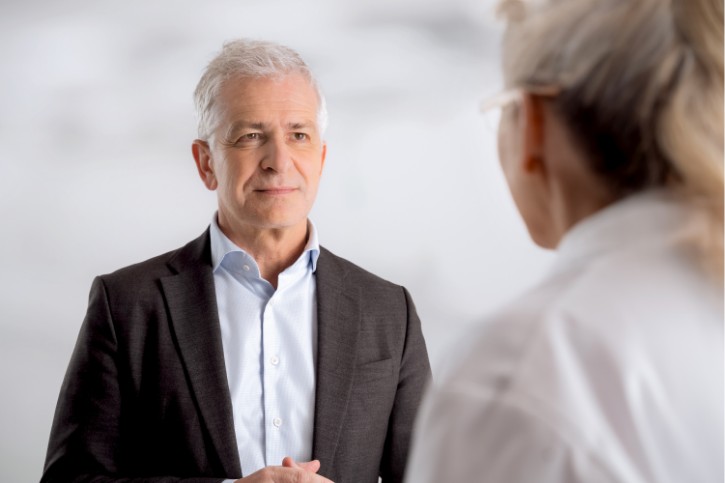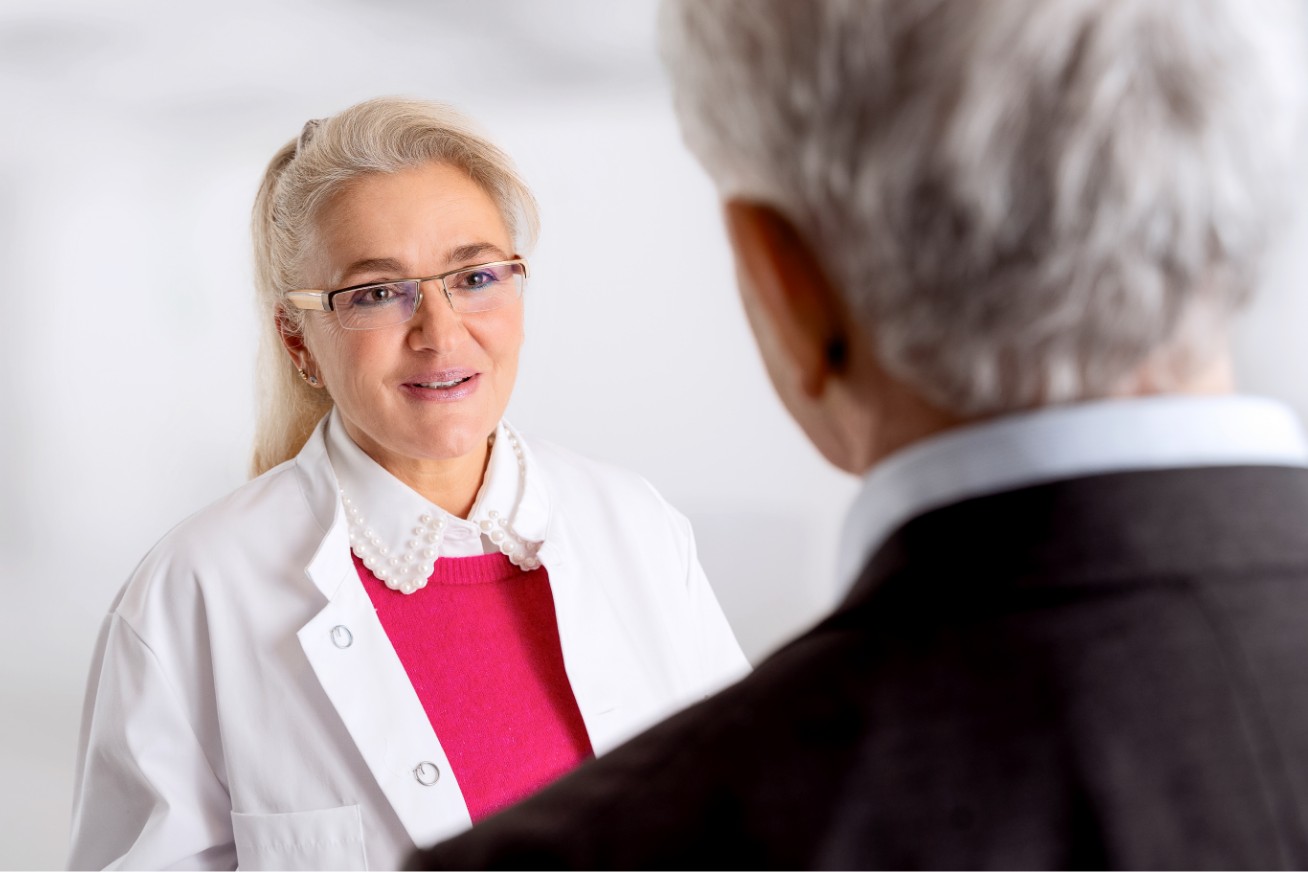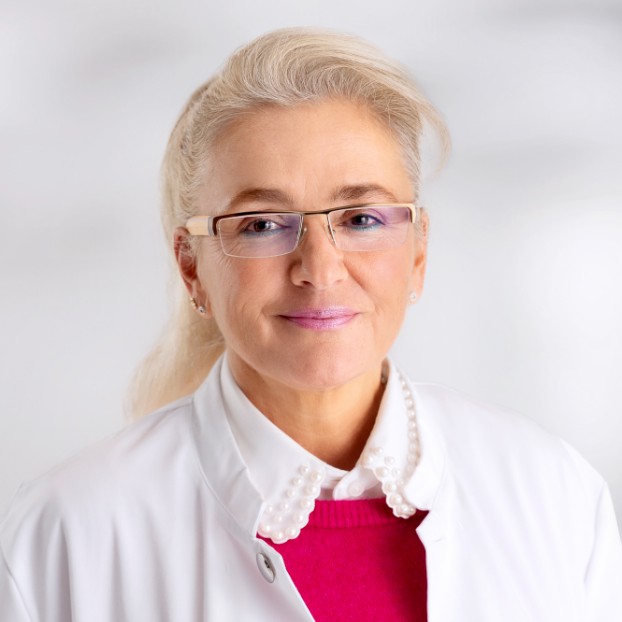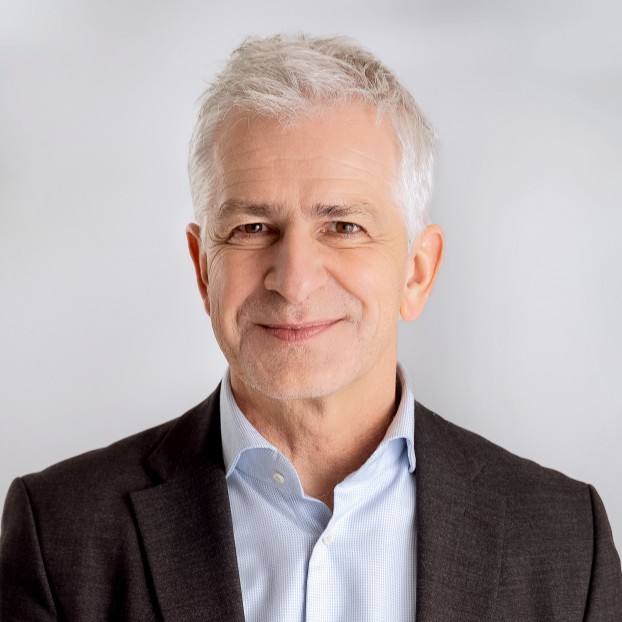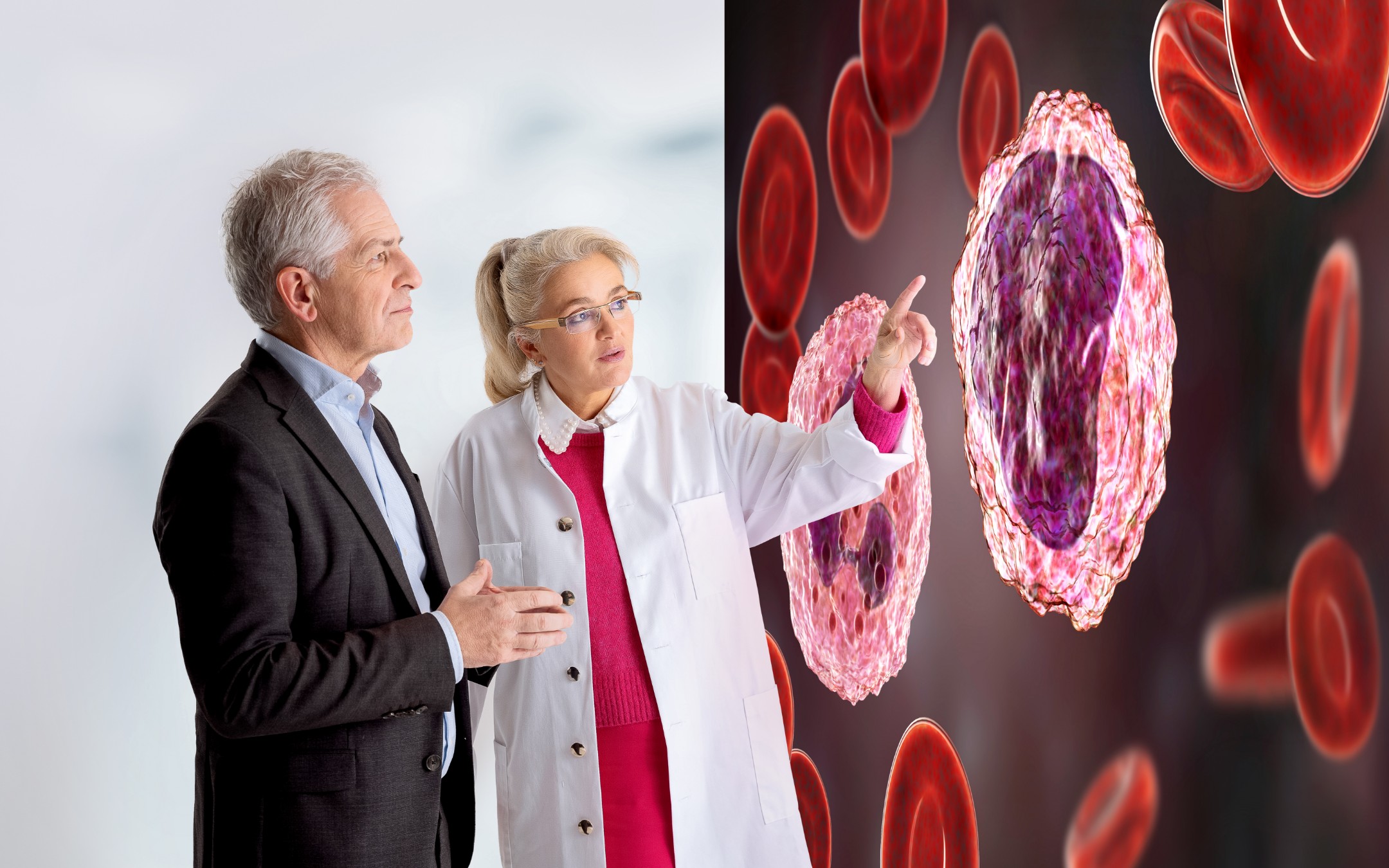
Oncology – state-of-the-art medicine at the highest level
Researching, treating, operating, listening, explaining and also holding the patient’s hand – this is all part of how we practise comprehensive oncology.
In this interview with Prof. Carolin Tonus, medical director and senior consultant for general and abdominal surgery at AK St. Georg, and Prof. Dirk Arnold, medical Management Board member at the Asklepios tumour centre in Hamburg and senior consultant for oncology and palliative medicine with haematology and rheumatology departments at AK Altona, you can find out why this is so immensely important for patients’ well-being and what is particularly important here on a day-to-day basis.
